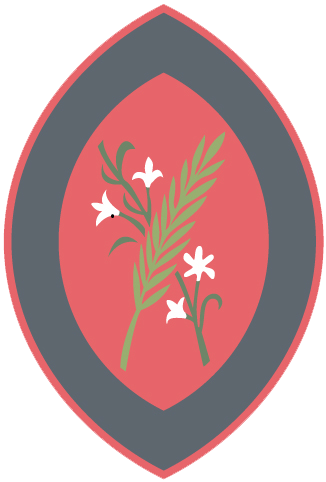- Home
- Key Information
- SEND Information
- 15. What advice is available for school staff regarding SEND? How does the school get that advice?
15. What advice is available for school staff regarding SEND? How does the school get that advice?
The SENCOs are responsible for the day-to-day operation of our SEND policy and offers guidance to school staff with regards to SEND provision. If the needs of a pupil are likely to be more than a minor concern that can be dealt with by the class teacher, the SENCOs will observe the child, talk to other staff members, look at any records that may indicate a difficulty and speak to parents/carers regarding any concerns that they may have. The SENCOs support the identification of children with special educational needs through overseeing the graduated approach and coordinating the resulting provision for SEND pupils. This process may suggest that the child needs extra provision, or that SEND professionals need to become involved to diagnose a greater difficulty, and perhaps initiate an Education, Health and Social Care (EHC) Plan. The SENCOs continually liaise with the SEND pupil’s parents, their teachers and other involved professionals and ensures that the school keeps the records of all pupils with SEND up to date.
Educational Psychology Service (EPS)
Our SENCOs work closely with the EPS with the aim of building and sustaining positive change for our pupils and their families across all stages of their education. The EPS carry out statutory work related to the assessment of pupils with special educational needs and disabilities (SEND) under the Children and Families Act (2014). This includes completing assessments for the school as part of the graduated approach and providing reports for Education Health Care Plans. The EPS also offer specialist guidance as part of the graduated approach and advice towards key development priorities at group and whole school levels.
Speech and Language Therapy
Speech and Language therapy is provided by Your Healthcare CIC and community paediatrics via Kingston Hospital. It is organised into three teams, according to individual children’s ages and need: Early Years (0-4), mainstream schools team (rising 5 to 19), special schools (including provisions within mainstream schools for children with autism) (3-19). The service provides information, assessment, advice and treatment for children and young people with speech, language and communication needs (SLCN) as part of the graduated approach.
Occupational Therapy
The Occupational Therapy Service based at Moor Lane provides a coordinated community service for children and young people with significant disability and complex health needs aged 0-18 years. The Occupational Therapy team provide an assessment and advice service to children aged 0-18 years who have significant functional difficulties due to a complex, severe or enduring physical and or developmental condition which significantly affects ability to achieve potential in terms of activities of daily living. They offer advice and strategies to support children with OT needs. Where children’s difficulties are primarily with school-related tasks, or where there has been no local intervention to date within a school or setting, a resource pack of activities is provided with advice and strategies to help support pupils to access the curriculum to the best of their abilities. Children may be referred to Occupational Therapy by the SENCOs after implementation of the resource pack if there is a significant lack of progress or skills deteriorate, given a child’s age and level of functioning.
School Health
The School Health Service supports young people, their carers, schools and the wider community to promote healthy lifestyles and improve and maintain health and wellbeing. The School Health team provides a service to young people up to the age of 19 who attend schools in Kingston. These include health assessments, advice, information, signposting and referrals for pupils with specific health needs, measurements of height and weight of primary school pupils as part of the National Childhood Measurement campaign, hearing screening for five year olds, support for school staff for children with health conditions and personal, social and health education sessions for groups and individuals.
Referrals
Referrals to most services can be made by any professional who knows a child well, including social care, education and health care professionals (i.e. SENCOs, School/Nursery, family support worker, key-worker, nurse, GP, paediatric consultant, dietician, speech therapist, health visitor, nurse, occupational therapist or physiotherapist). Parents or carers can make a referral for their child to the disabled children’s social care team, the participation officer or the Moving Forward Service (transition to adult services).
